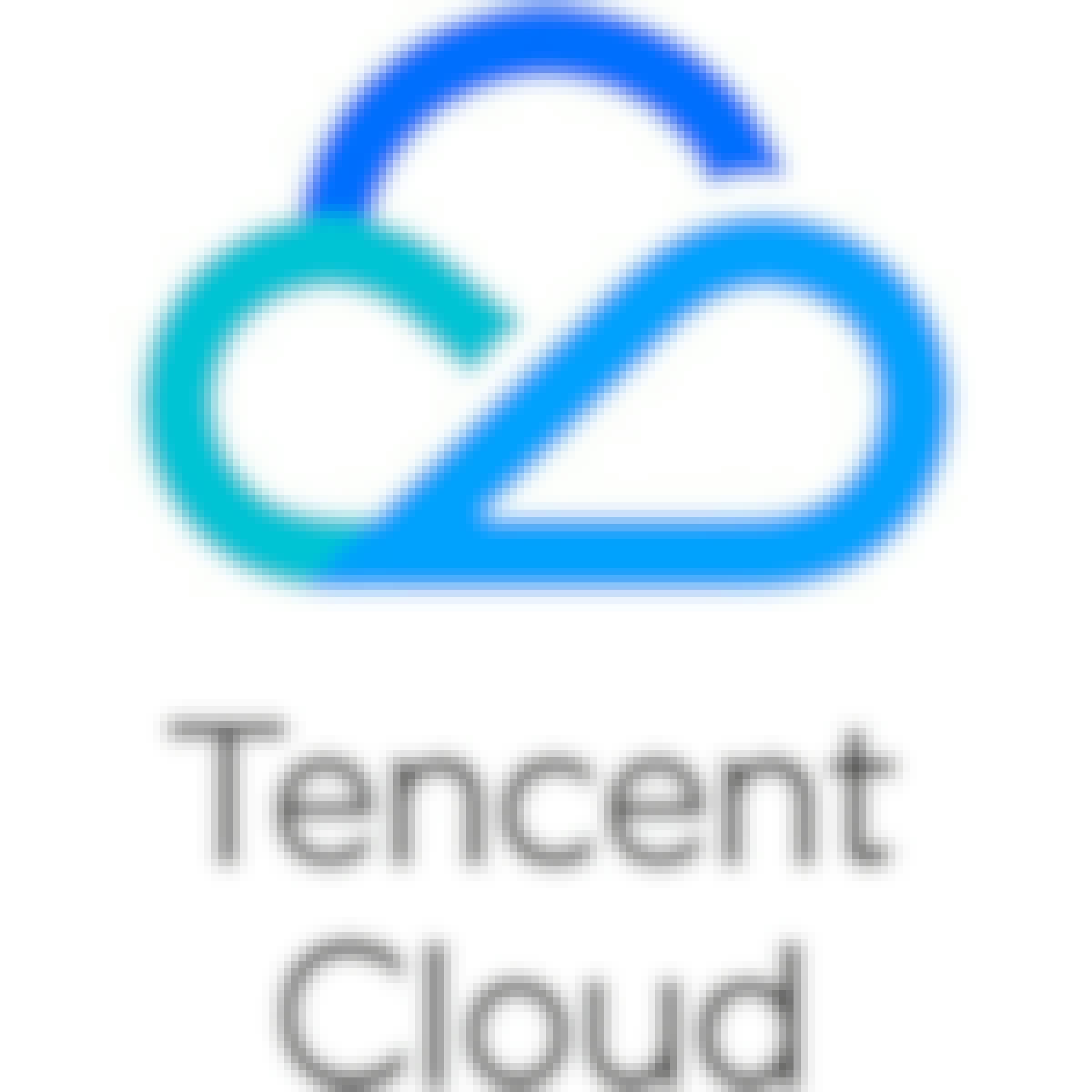Filter by
SubjectRequired
LanguageRequired
The language used throughout the course, in both instruction and assessments.
Learning ProductRequired
LevelRequired
DurationRequired
SkillsRequired
SubtitlesRequired
EducatorRequired
Explore the Cost Accounting Course Catalog

 Status: Free
Status: Free
Tencent Cloud
Skills you'll gain: Cloud Computing Architecture, Cloud Solutions, Cloud Computing, Cloud Infrastructure, Solution Architecture, Serverless Computing, Systems Architecture, Cloud Services, Network Architecture, API Gateway, Network Infrastructure, Virtual Machines, Scalability, Load Balancing, Performance Tuning, Disaster Recovery
 Status: Free
Status: Free
University of California, Irvine
Skills you'll gain: Project Schedules, Scheduling, Project Estimation, Project Planning, Cost Estimation, Work Breakdown Structure, Resource Allocation, Project Management, Timelines, Quality Management, Resource Management, Budgeting, Dependency Analysis, Matrix Management


Universidad Nacional Autónoma de México
Skills you'll gain: Annual Reports, Governance, Corporate Accounting, Law, Regulation, and Compliance, Financial Industry Regulatory Authorities, Financial Regulations, Regulatory Compliance, Compliance Management, Financial Regulation, Accountability, Business Management, Corporate Strategy, Regulation and Legal Compliance, Business Ethics, Organizational Structure, Corporate Communications, Financial Accounting, Environmental Social And Corporate Governance (ESG), Corporate Finance, Internal Controls


Kennesaw State University
Skills you'll gain: Brand Loyalty, Customer Retention, Customer Advocacy, Customer Relationship Building, Consultative Approaches, Strategic Partnership, B2B Sales, Business Relationship Management, Automation, Digital Transformation, Personal Integrity, Empathy, Independent Thinking


ESSEC Business School
Skills you'll gain: Business Transformation, Business Modeling, Socioeconomics, Philanthropy, Strategic Partnership, Non-Profit Accounting, Fundraising and Crowdsourcing, Community Development, Resource Management, Governance, Business Economics, Human Resources
 Status: New
Status: New
LearnKartS
Skills you'll gain: Risk Analysis, Project Risk Management, Risk Management, Business Risk Management, Risk Mitigation, Risk Control, Decision Making, Operational Analysis, Analysis, Stakeholder Engagement, Earned Value Management, Project Controls, Contingency Planning, Process Analysis, Project Estimation, Agile Methodology, Project Performance, Waterfall Methodology, Project Management, Project Schedules
 Status: New
Status: New
Banco Interamericano de Desarrollo
Skills you'll gain: Work Breakdown Structure, Scope Management, Earned Value Management, Risk Management, Project Schedules, Cost Management, Project Controls, Project Performance, Risk Analysis, Project Estimation, Scheduling, Project Planning, Communication Planning, Procurement, Project Implementation, Project Coordination, Project Management, Matrix Management, Stakeholder Communications

Skills you'll gain: Digital Transformation, Google Cloud Platform, Google Workspace, Business Transformation, Cost Management, Cloud Applications, Cloud Solutions, Cloud Platforms, Artificial Intelligence and Machine Learning (AI/ML), Application Development, Cloud Infrastructure, Cloud Computing, IT Infrastructure, Productivity Software, Machine Learning, Cross-Functional Collaboration, Cloud Security, Data Storage
 Status: NewStatus: Free
Status: NewStatus: Free
Coursera Instructor Network
Skills you'll gain: Generative AI, Financial Reporting, Anomaly Detection, OpenAI, ChatGPT, Artificial Intelligence, Business Process Automation, Artificial Intelligence and Machine Learning (AI/ML), Financial Auditing, Accounts Receivable, Automation, Data Analysis


Board Infinity
Skills you'll gain: Performance Tuning, Data Warehousing, Identity and Access Management, Data Modeling, Data Integration, SQL, Role-Based Access Control (RBAC), Data Import/Export, Stored Procedure, Business Intelligence, Data Transformation, Cloud Storage, Cloud Computing, Data Security


University of Illinois Urbana-Champaign
Skills you'll gain: Financial Reporting, Financial Forecasting, Business Valuation, Financial Statement Analysis, Financial Data, Financial Statements, Financial Analysis, Analysis, Business Modeling, Generally Accepted Accounting Principles (GAAP), Market Data


Universidad Nacional Autónoma de México
Skills you'll gain: Thermal Management, Mechanical Design, Engineering Design Process, Design Specifications, Engineering Calculations, Cost Estimation, Safety Assurance, Mathematical Modeling, Simulation and Simulation Software
In summary, here are 10 of our most popular cost accounting courses
- Tencent Cloud Solutions Architect Associate : Tencent Cloud
- Составление бюджета и графиков проектов: University of California, Irvine
- Gobierno Corporativo: Universidad Nacional Autónoma de México
- How to Become a Trusted Advisor with Jagdish Sheth: Kennesaw State University
- Nouveaux modèles économiques des associations: ESSEC Business School
- Risk Analysis: LearnKartS
- Project Management for Development: Banco Interamericano de Desarrollo
- Google Cloud Product Fundamentals em Português Brasileiro: Google Cloud
- GenAI for Automated Financial Reporting: Coursera Instructor Network
- Snowflake - SnowPro Core Certification Preparation: Board Infinity











